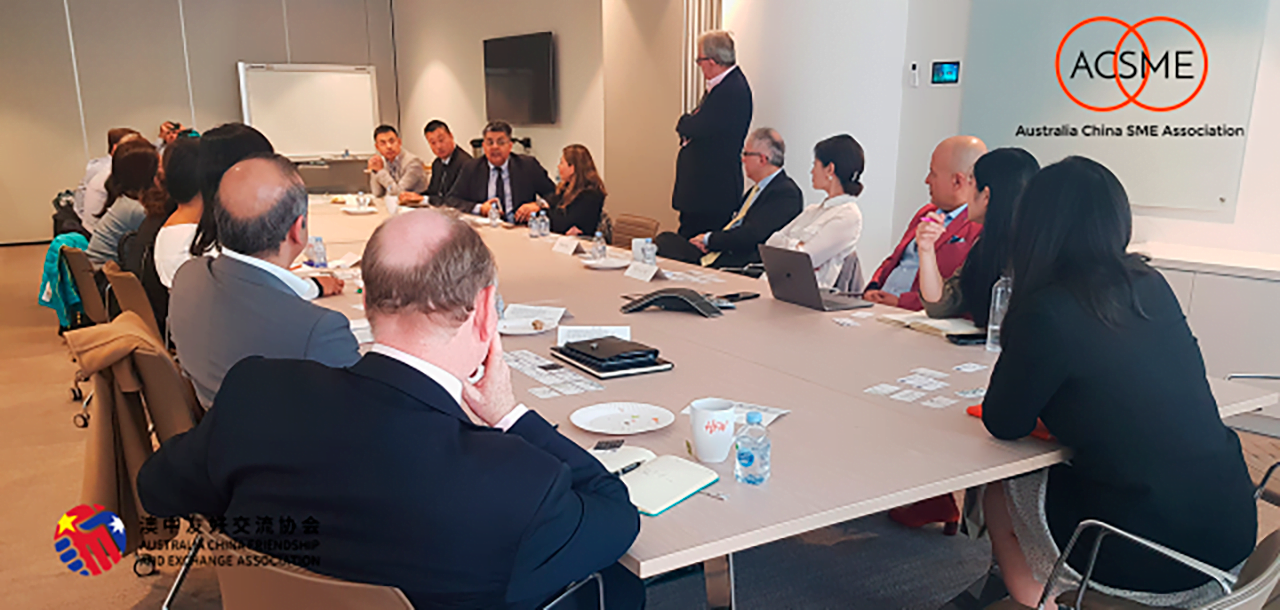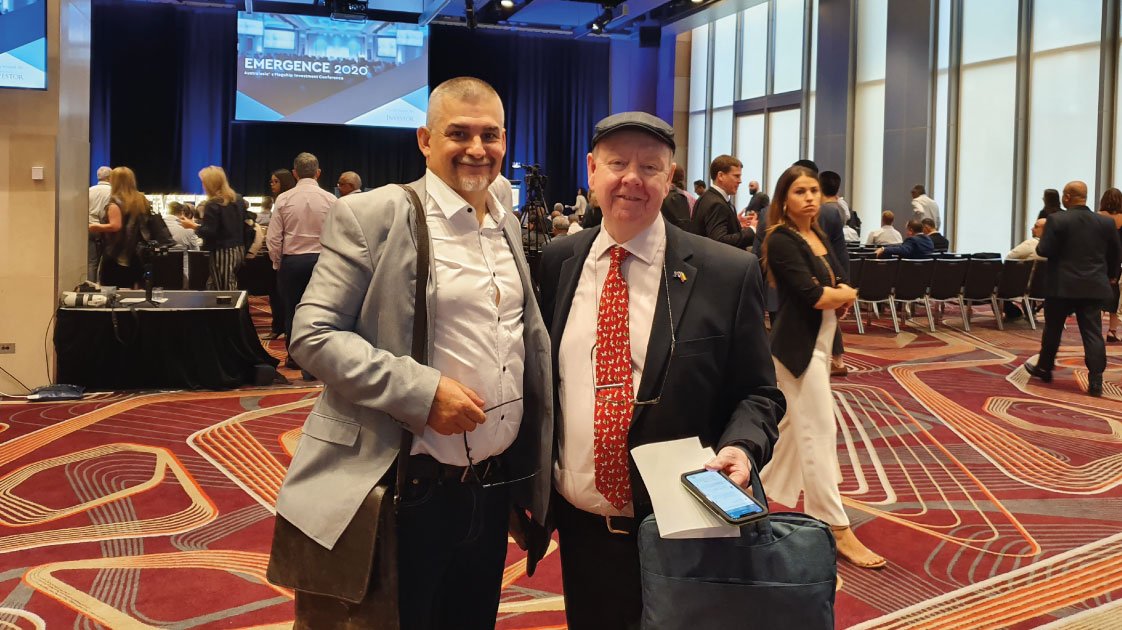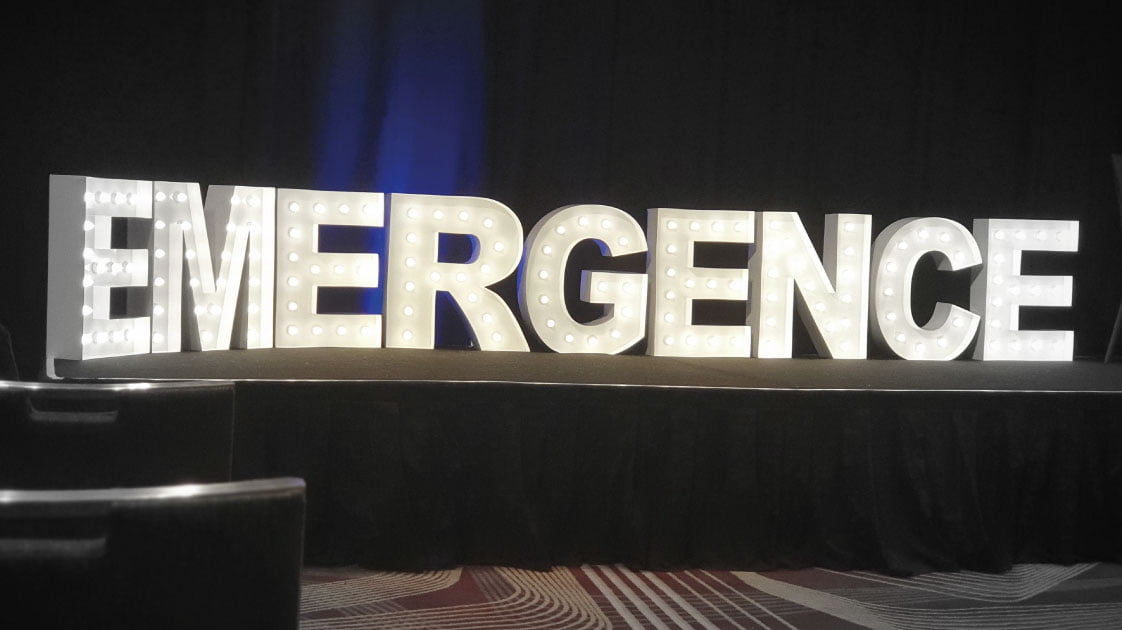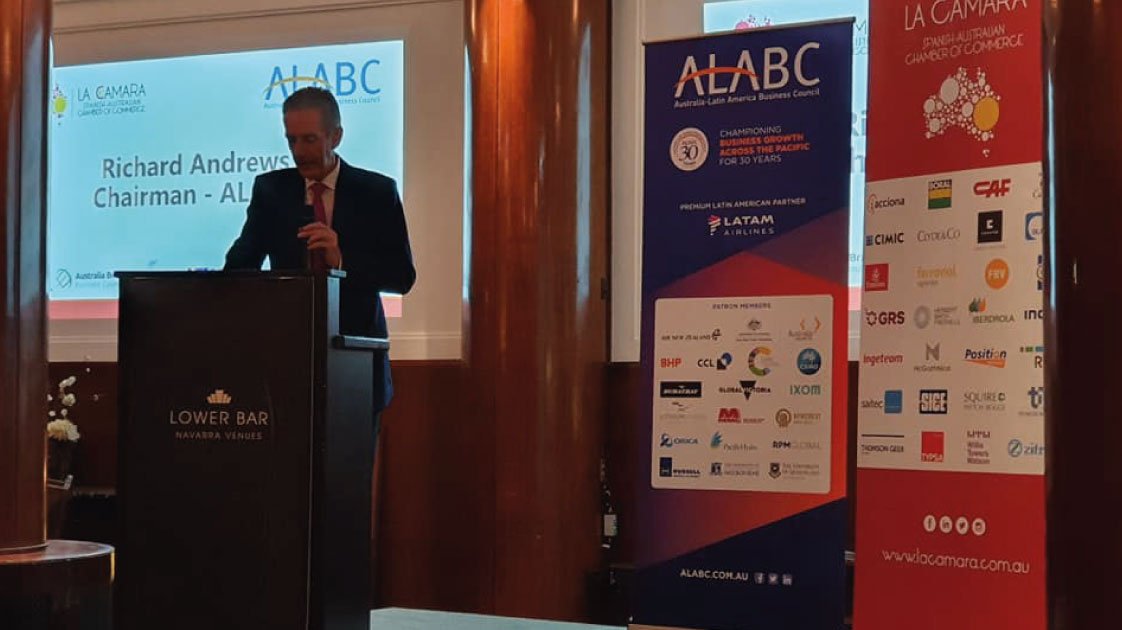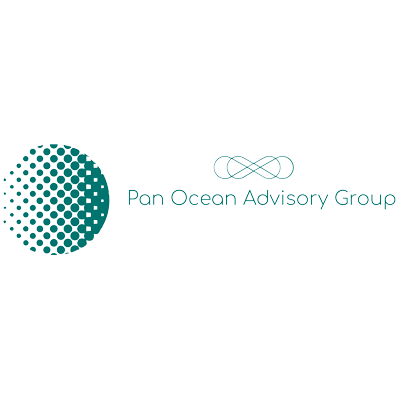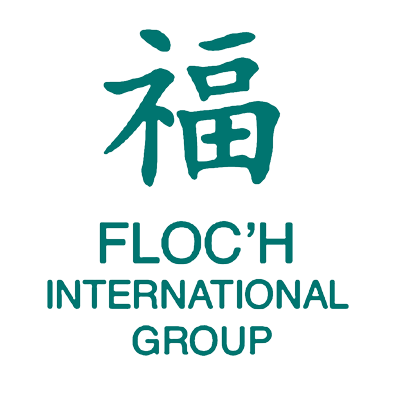Introduction
u00a0
Mauricio Otoya and I, representing Projects RH, attended the monthly meetings of the Australia China SME Association ACSME held in Sydney. ACSME is chaired by prominent China speaker and expert David Thomas author of u201cChina Bitesu201d.u00a0u00a0The theme was understanding the cultural differences between doing business in Australia and China.
u00a0
I often find myself saying that President Trump and President Xi should try to see the world as each other sees it.
u00a0
Australia u2013 China business
u00a0
David Thomas guided over 20 participants in a wide-ranging discussion which went considerably deeper than my statements above. David announced he was a self-professed u201ceggu201d u2013 which I now know means white on the outside and yellow on the inside. I think this reflects his long years and deep experience inside China.
u00a0
He first asked us to do a self-analysis on our views and how we approach business relationships. The audience was broad with people from mixed backgrounds including recent immigrants, academics, students, business people and visitors. What astonished me was that most of the Australian-born Chinese came up with very similar answers to other Australians, whilst other immigrants took different view. These different views are close to what we concluded with the views of our Chinese friends.
u00a0
Australians are remarkably trusting, frank and transaction oriented. They believe strongly in the rule of law, that we should all be treated fairly and that everything can be contracted. What we concluded was that our Chinese friends start from a totally different perspective. Trust needs to be earned. Put simply you cannot expect to turn up with a term sheet and sign the deal of a lifetime. Trust needs to be earned, I say it again because it is true. It takes repeat visits demonstration of commitment ongoing communication. (Mauricio and Carmenza concluded that the Chinese think a lot like Colombians u2013 they need to be won over and then become committed friends). Firstly, I donu2019t speak Mandarin nor do I understand all the culture and customs. I am fortunate that over the years I have been befriended by four people in Beijing and two in Shanghai. Carmenza and I have had to work very hard to make this so. It has taken five years. Each of these people has lived and studied outside China and speaks excellent English.
u00a0
These connections have given me the opportunity to politely ask questions and get equally polite answers. Last week Projects RH was offered the opportunity to fund part of a project in the Pacific. This project would produce a food commodity. My mind said China would want this food commodity, therefore, the way to fund this is to give them an offtake agreement so itu2019s time to find a partner. I sent a We Chat message to a friendly banker in Beijing and overnight received a friendly response. The commodity being produced was subject to internal quotas. There is no available quota for the country concerned. Given there was no quota would be no offtake agreement and no offtake agreement to fund against. This same banker sits on some SOE boards and he asked me about how we saw the beef, chicken and especially the pork markets as one of the companyu2019s he is involved with has been unable secure Australian beef prices and in volumes that they normally would seek. We spoke to our experts and provided the requested feedback.
u00a0
What are the lessons
u00a0
The first transaction I attempted to do with this banker was unsuccessful. It was unsuccessful because the host government of my client refused to give a production licence. Both the banker and Projects RHu2019s directors had spent many hours and much money trying to get the deal to work.
u00a0
After we knew the deal was unsaleable we returned to Beijing to thank our friends for their efforts. It was not their fault and it was not our fault. Upon our return we agreed guidelines for subsequent transactions including havingu00a0allu00a0the approvals in place before we return with a transaction.
u00a0
When I worked for Shell senior team members working on international transactions were sent to a u201cbig ticketu201d negotiating skills course based on a book u201cGetting to Yesu201d but filled with good and bad war stories of significant projects. When I attended the course there were 20 of us from five continents. We each had different perceptions and different experiences. As with what David Thomas said we needed to understand the cultural perspective the people we were sitting opposite. What we have both learned is that the expectations before and after the negotiation are in fact far more important than covering everything in a contract. What astonishes me all is that is not always about price and I need to remember this u2013 specifically in dealing with one SOE they needed to be able to demonstrate that they were also doing some public in the project country. My experience with Chinese has been that they know we need to survive and prosper to be able to continue to repeat the business what is equally important to understand is that every possible variation of contract cannot be documented and sometimes itu2019s better to have a simple contract rather than let the lawyers try to cover every contingency. In the end the parties canu2019t make the contract work it will get frustrated and we both lose.
u00a0
Dealing with China, and Chinese, is not about set and forget. Australians need to understand that then we need to work the contract and this is what our Chinese friends expect of us all. They are expecting to deal for the life of this contract and again with the same from Australia or wherever.
u00a0
Conclusion
u00a0
David Thomas brought to the table a print of extremes such as contract u2013 relationship. It is a clear from the discussion around the table and our experience in life, when dealing with China relationships come first. We both need to be flexible and understand that we are in a relationship not a transaction.
u00a0
Paul Raftery
u00a0
